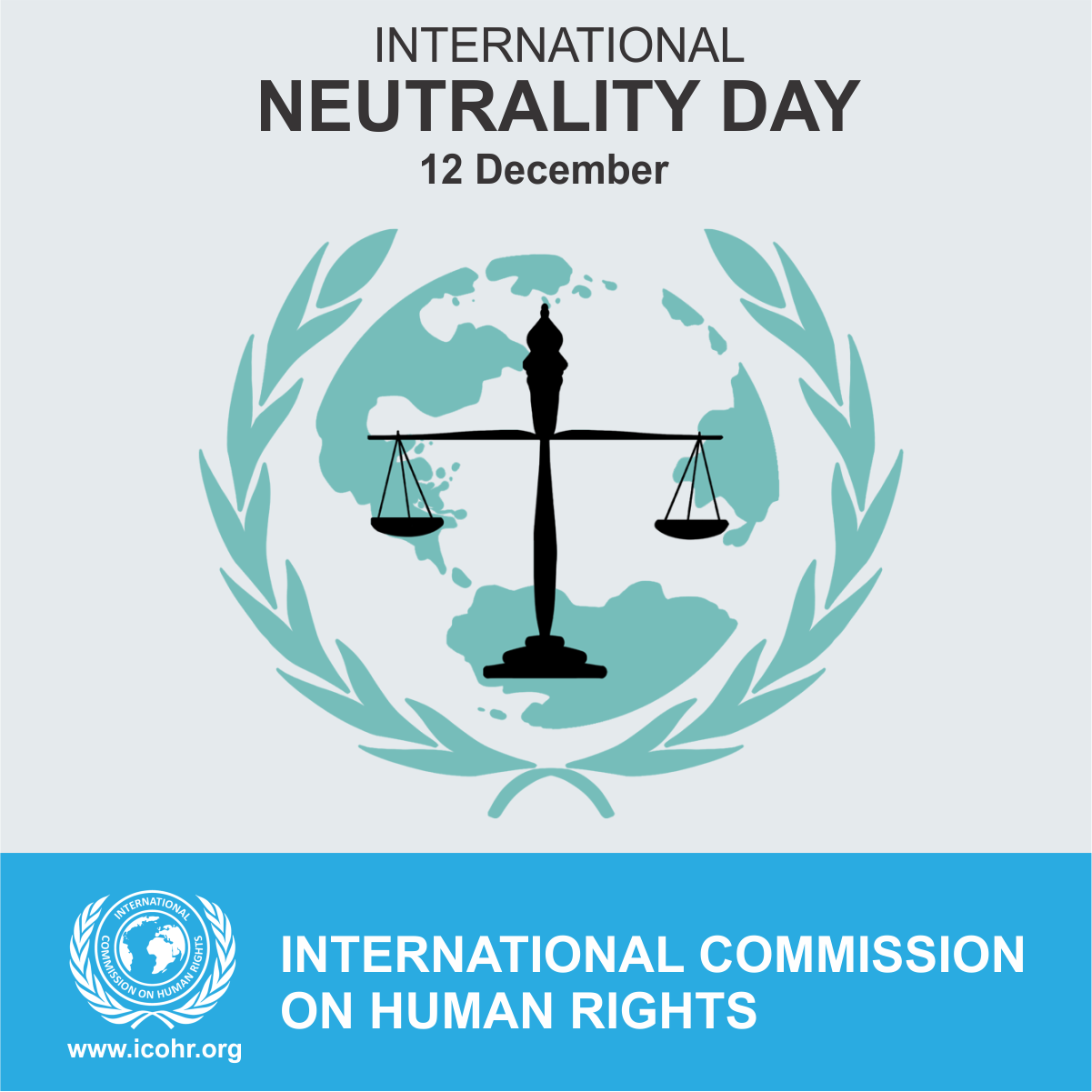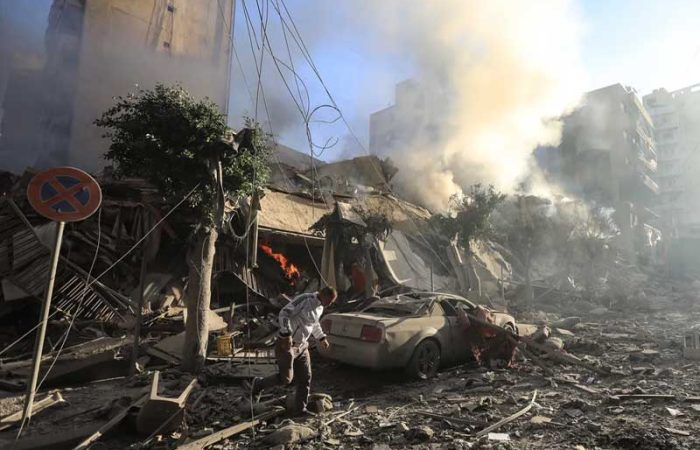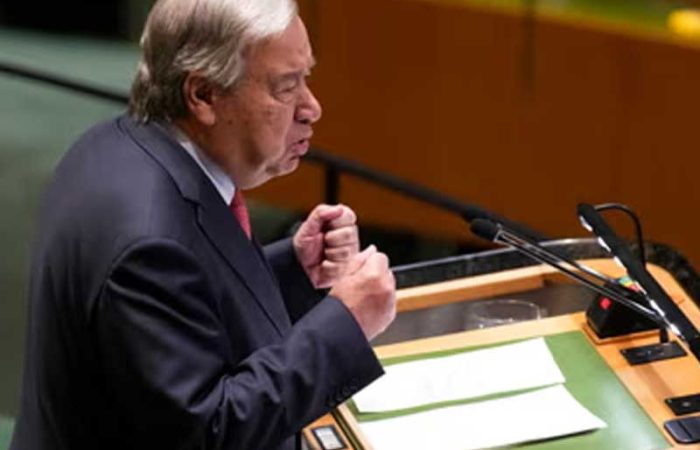Introduction
The International Day of Neutrality, held annually on December 12, is an important event that emphasizes the importance of neutrality, non-parity, and diplomacy in promoting global peace. This day provides an opportunity for countries to reflect on the importance of maintaining neutrality in conflicts and promoting dialogue as a means of resolving disputes.

Historical context:
The International Day of Neutrality has its roots in the United Nations. On December 12, 2001, the UN General Assembly adopted Resolution 56/80, declaring December 12 as the International Day of Neutrality. This resolution recognizes the value of neutrality in international relations and encourages countries to adhere to principles that promote a peaceful world.
Principles of neutrality:
In international relations, impartiality involves refraining from taking sides or participating in inter-ethnic conflicts. It is a commitment to remain neutral and promote peaceful coexistence. The principles of neutrality include respect for sovereignty, non-interference in internal affairs, and commitment to the peaceful resolution of disputes.
Promoting dialogue and cooperation:
One of the central messages of the International Day of Neutrality is the promotion of dialogue and cooperation between nations. Neutrality creates a platform for open communication, negotiation, and understanding that fosters an environment where conflicts can be resolved without the use of violence. Following these principles, countries contribute to forming a more harmonious and stable global community.
Humanitarian neutrality:
In addition to national diplomacy, neutrality also extends to humanitarian activities. International organizations and humanitarian organizations often operate in conflict zones and aim to provide aid and support to affected populations. Impartiality in this context is crucial to the safety and effectiveness of humanitarian operations, allowing aid to reach those in need without becoming involved in the political dynamics of conflict.
Challenges and opportunities:
While the concept of neutrality is noble, it faces challenges in a world characterized by geopolitical complexity and power struggles. States must deal with sensitive situations and resist pressures threatening their neutral stance. The International Day of Neutrality is a reminder of these challenges and an opportunity for countries to renew their commitment to peace.
Conclusion:
The International Day of Neutrality is a sign that countries accept the principles of neutrality, dialogue, and cooperation. In a world often marked by tension and conflict, this day calls on countries to reflect on the importance of neutrality to promote a more peaceful and just global order. By following the principles of freedom of political parties, countries can help build a world where conflicts are resolved through dialogue and cooperation, paving the way to a more harmonious future.
The writer is a seasoned researcher and a criminologist currently working as a Senior Project Manager at the International Commission on Human Rights (ICOHR), a Human Rights NGO in Pakistan.



